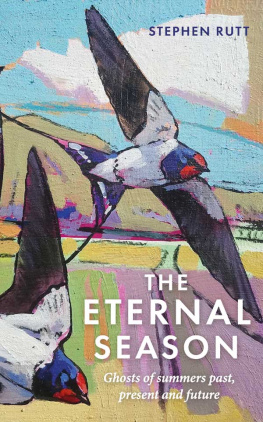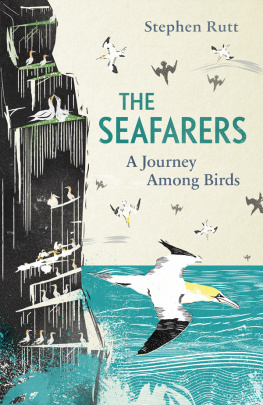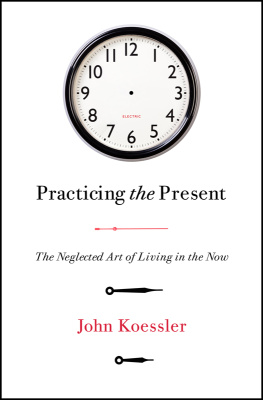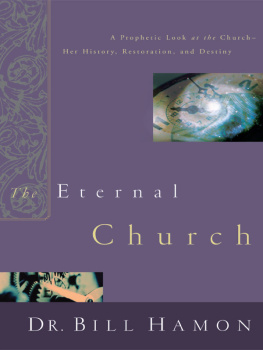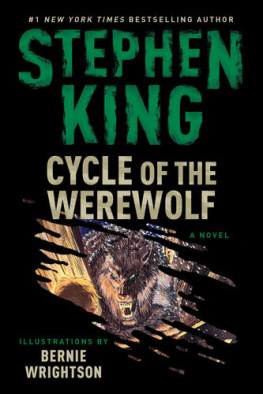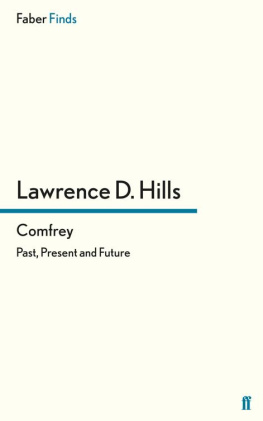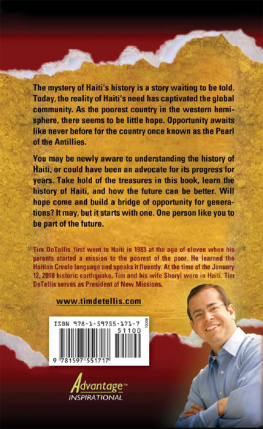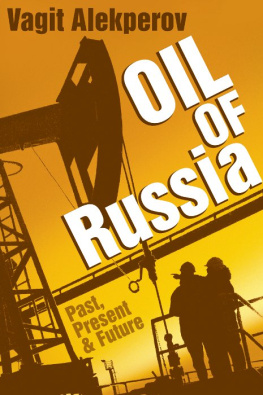Stephen Rutt - The Eternal Season Ghosts of Summers Past, Present and Future.
Here you can read online Stephen Rutt - The Eternal Season Ghosts of Summers Past, Present and Future. full text of the book (entire story) in english for free. Download pdf and epub, get meaning, cover and reviews about this ebook. year: 2022, publisher: Elliott & Thompson, genre: Romance novel. Description of the work, (preface) as well as reviews are available. Best literature library LitArk.com created for fans of good reading and offers a wide selection of genres:
Romance novel
Science fiction
Adventure
Detective
Science
History
Home and family
Prose
Art
Politics
Computer
Non-fiction
Religion
Business
Children
Humor
Choose a favorite category and find really read worthwhile books. Enjoy immersion in the world of imagination, feel the emotions of the characters or learn something new for yourself, make an fascinating discovery.
- Book:The Eternal Season Ghosts of Summers Past, Present and Future.
- Author:
- Publisher:Elliott & Thompson
- Genre:
- Year:2022
- Rating:3 / 5
- Favourites:Add to favourites
- Your mark:
- 60
- 1
- 2
- 3
- 4
- 5
The Eternal Season Ghosts of Summers Past, Present and Future.: summary, description and annotation
We offer to read an annotation, description, summary or preface (depends on what the author of the book "The Eternal Season Ghosts of Summers Past, Present and Future." wrote himself). If you haven't found the necessary information about the book — write in the comments, we will try to find it.
The Eternal Season Ghosts of Summers Past, Present and Future. — read online for free the complete book (whole text) full work
Below is the text of the book, divided by pages. System saving the place of the last page read, allows you to conveniently read the book "The Eternal Season Ghosts of Summers Past, Present and Future." online for free, without having to search again every time where you left off. Put a bookmark, and you can go to the page where you finished reading at any time.
Font size:
Interval:
Bookmark:



And summers lease hath all too short a date;
Sometime too hot the eye of heaven shines,
And often is his gold complexion dimmd;
And every fair from fair sometime declines,
By chance or natures changing course untrimmd;
But thy eternal summer shall not fade,
...
So long as men can breathe or eyes can see,
So long lives this, and this gives life to thee.
Sonnet 18, William Shakespeare
T his was supposed to be a book about warblers.
I was daydreaming about blackcaps one afternoon in late October, reliving the early summer days when their song had drifted through the hot, still air. The six species of warblers that bred near me had already headed south for winter a month earlier, and I found myself in that gap between the birding seasons of summer and winter. After the departure, before the arrival.
I felt as if I was about to enter a state of winter torpidity. My encounters with birds keep my emotions alive, ticking over; I was going to have to cling to the geese and the species still around me to stave off the dumb, dark numbness of winter. Summer is normally felt in its absence; anticipation building with every day after the winter solstice, as we claw back time out of the dark night, and as we grow confident that the festival of summer life is going to begin again. But the shortest night is still two long months away.
I imagined my blackcaps on their way to Spain. Or the willow warblers of Scandinavia that shelter behind the dykes and brochs of Shetland, on their way south to Senegal. Or sedge warblers from Suffolk on their way to South Africa. These rhythms seem ceaseless. Is the sedge warbler a bird of Africa or Suffolk? Where does it end? (With me blundering into a hedge.) It felt to me as if I never make enough of their presence here, their long summer stay that runs from April to September, from when they first return to the moment of their departure: the high point between the miracles of migration. I resolved there and then that their summer would be mine too. I would bear witness to it.
As I wandered down the River Nith, the hawthorns were laden with an exceptional crop of berries, a glut surpassing those I had seen previously. The sort where you briefly stop daydreaming and think look at those amazing berries a feast for any late or leftover blackcap. The hawthorn bushes themselves were shouting at me, just as in spring the chiffchaffs shout from their branches.
A stranger stopped me as I dawdled on the path, lost between the berries and my absent warblers.
Itll be a cold winter.
Really? I said.
Aye, right enough. Look at these berries. Going to be a cold one. He walked on, tugged by his dog straining at its leash.
Ive heard variations on this theme all my life, but Ive never been sold on the predictive qualities of nature. A bumper crop just means it was a good summer. Flowers gorged like gluttons on sunlight and the right rain at the right time, the presence of summer lingering like a ghost. What the next year will look like depends so much on what has just been. Shakespeares famous sonnet gets this slightly wrong. It is not the case that summers lease hath all too short a date.the deepest dark of winter in berries such as these, the crop of acorns and beechmast, the survival of mistletoe, the presences and absences of species. Shakespeare thought his lover was possessed of an eternal summer but the real thing is eternal too. To ignore the joy of summer in winter would be perverse, an act of self-denial.
I appreciate once again the web of connections that we live with, that are an integral part of our world. These rhythms cannot be isolated: I cant see just the warbler by itself, alone and separate from the hawthorn; I cant see the hawthorn alone and separate from the season, without the rain and sun that caused its crop of shining red berries. To think of either alone would be to ignore so much of importance to both. John Muir, in My First Summer in the Sierra (written in 1911 but referring to 1869), got it correct: When we try to pick out anything by itself, we find it hitched to everything else in the universe. With that, the book about warblers suddenly seemed too small. A fine choice cut, the delightful small, shy, sombre-coloured singers that announce the coming summer in scrub, wood and reeds, but not the story at hand.
Birds have always been the focus of my passion for nature and they always will be. But the summer does not belong to them alone; there is a full spectrum of life to consider that can seem largely absent from the winter months: the butterflies and dragonflies that add colour to the days; the moths that haunt the warm nights and the swooping bats that pick them off; the unforgettable arachnids and amphibians that lurk in the ignored corners. The type of summer we have can dictate which species thrive or struggle, and the effect can be felt throughout the natural world, lasting long into winter. Especially among the bird populations, which, in the sparse British fauna, are at the top of so many food chains. Our summer wildlife is the filter through which we can see whats really happening in our seasons. Its a time when nature is buzzing with activity breeding, migration, feeding frenzies all on show for us to see how our species are faring.
Looking closely at this long summer as a whole, though, reveals that it is no longer exactly what we expect. The rhythms and connections that hold the season and its wildlife together are changing, unravelling themselves.
George Orwell, in the year after the Second World War, wrote an essay that isnt as well-known as it should be. Some Thoughts on the Common Toad is perhaps an outlier in his works. Its to do with the world as I know it the signs of the seasons and the hope of nature in spring rather than the world of politics, class struggle and war that he is more usually associated with. This, he accepts, will bring him some conflict: mentioning nature is liable to bring me abusive letters from readers who think he should stick to the serious political journalism. Yet I love it. I love anything that will talk about Persephone and toads and a kestrel by Deptford gasworks with equal reverence and attention. It seems to me to be as serious as anything else he wrote.
Orwells conclusion is worth keeping in mind:
My heart soared when I first read that. It felt similar to Muirs hitched universe of things. Here was Orwell making a statement of the importance of nature in the future of things, as urgent as politics.
The only problem is that Im no longer certain his assertion is true. I retained my childhood love of nature. Only peaceful and decent feels further away than ever. Everything is loaded with complexity in this time of climate change and mass extinction. Nothing is simple any more. A bird you look at is no longer just a bird but one of an interlinked series of forces, capable of being expressed as statistics, that explain the terribly restless, indecent state of the world.
I have always taken a delight in the rhythms and connections of nature. The tides, the times of dawn and dusk, and all those other reminders of our place in the infinite universe. Migration and the years annual ebb and flow of life from hemisphere to hemisphere, region to region, the dictation of time and food and habitat. But it seems to me the greatest of these rhythms, here on this island off the northwest corner of Europe, is that of the seasons: the artefact of earths annual 365-day, 940-million-kilometre spin around the sun. Or, more specifically, the angle of rotation of the earths axis as we make this journey. You know this, but it bears repeating: the most obvious way we know were circling around space tipped to one side is the way our summer is so obviously, joyously not winter.
Font size:
Interval:
Bookmark:
Similar books «The Eternal Season Ghosts of Summers Past, Present and Future.»
Look at similar books to The Eternal Season Ghosts of Summers Past, Present and Future.. We have selected literature similar in name and meaning in the hope of providing readers with more options to find new, interesting, not yet read works.
Discussion, reviews of the book The Eternal Season Ghosts of Summers Past, Present and Future. and just readers' own opinions. Leave your comments, write what you think about the work, its meaning or the main characters. Specify what exactly you liked and what you didn't like, and why you think so.

